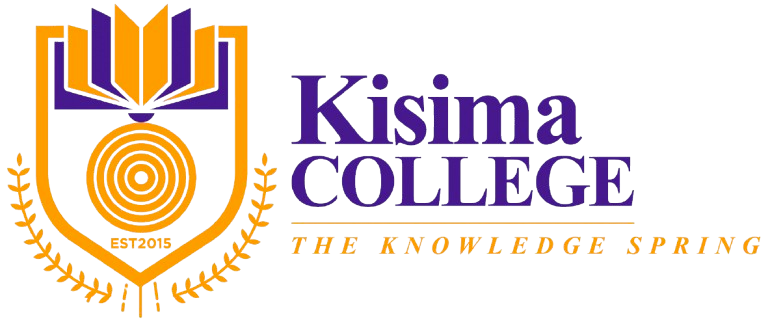Info@kisimacollege.co.za | (031) 538-1696

UNFPA Skills Programme Sustainability and Exit Strategies
This tracer study examined Skills Programme Sustainability and Exit strategies, with special emphasis on the previously disadvantaged vulnerable young people in the province of KwaZulu-Natal that have participated in occupational skills programmes (i.e. SETA and/or QCTO accredited in Bricklaying, Baking, Plumbing, Electricity, Cleaning and hygiene and Entrepreneurship). Over 150 programme beneficiaries were interviewed across all KwaZulu-Natal districts.
The core discussions points and questions that emerged from the focus group discussions can be summarised as follows:
- Empowerment starts with the individual and what they do to empower others in their community and environment.
- What are young people gaining from these SETA/QCTO occupational programmes in terms of their mindset?
- How do Training Centres create strong relationships with stakeholders such as Chambers, Industry associations, SETAs?
- Is the practical experience offered by KwaZulu-Natal-Natal Training Centres and its TVET partners adequate? Work-based learning (WBL) is vital because it blends practical work experience with theoretical knowledge. Occupational programmes allocate 30 per cent to theory and 70 per cent to practicals.
- There is an issue of perpetual learners moving from one learnership/skills programme to the next and not getting any form of employment or self-employment.
- How much market awareness has been created around Future Skills (i.e. robotics, cloud, IoT etc.) in KwaZulu-Natal? Some enterprises are particular in appointing learners to work for their companies and are more likely to hire learners trained on technology and future skills.
- Training Centres should organise expos / career days and invite the authorities of relevant industries and should be more visible to the market / stakeholders so enterprises are open to absorb or hire their graduates.
- Training Centres offering occupational programmes should partner with the private sector through MoU’s and approach industry bodies for collaboration.
- It is crucial to interview the programme participants and training centres to determine the effectiveness of the facilitators / trainers / teachers.
- Training centres should determine which programmes can be run online on platforms such as Blackboard, Moodle, or others.
- Training centres should ensure there are stable internet connections for technology programmes i.e.There are significant skills gaps in KwaZulu-Natal-Natal are in the ICT sectors.
- Training centres should create awareness on databases with trained learners among relevant businesses in the area.
- There is a lack of placements after participants have completed the learnerships/structured skills programmes in KwaZulu-Natal.
- How can Training Centres create an entrepreneurial ecosystem as there are many internal procurement opportunities within KwaZulu-Natal governement departments.
- There should be a mapping of opportunities in KwaZulu-Natal, and learners should complete pre-assessments before enrolling in learnerships to determine their suitability in a programme.
- It is vital to consider the interests of young people before creating programmes that provide an oversupply of people skilled in one field, such as plumbing, bricklaying, and sewing.
- How can the Training Centres stimulate the minds of young people to address drug abuse and unemployment in communities?
- There needs to be an improvement in programme delivery, and participants can be motivated to engage in every sector of the economy, i.e. tourism, ICT.
- There are deficiencies in the educational system because there is insufficient career awareness and exploration in public schools.
- How can training centres make entrepreneurship popular in township and rural communities?
- How do training centres ensure that retired business owners mentor people operating small businesses?
- Training Centres should ensure learners receive sufficient career exploration and awareness opportunities in their education programmes.



